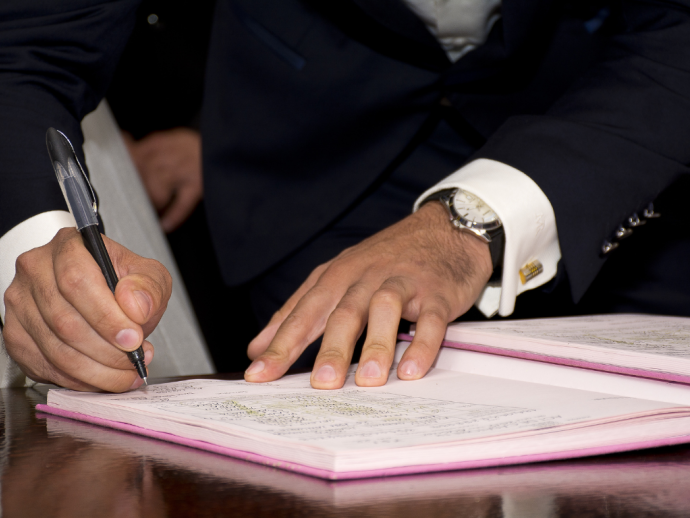What are the Duties of a City or Municipal Mayor?

Every three years, people all over the Philippines vote for a Mayor in their respective cities or municipalities. But what exactly does a Mayor do? What are his/her duties and responsibilities? These are the questions that we will be addressing in this article.
The Mayor: A Local Chief Executive
If the President is the chief executive of the national government, then the Mayor is the chief executive of a local government, be it a city or municipality. Article X, Section 4 of the Philippine Constitution states that the President is tasked to supervise local governments across the country. Nonetheless, the Local Government Code of 1991 (R.A. No. 7160) also states that local governments have “relative autonomy” from the national level of government.
In other words, local chief executives, such as City Mayors and Municipal Mayors, hold certain powers and perform specific functions in their respective areas. Among these duties are: general supervision and control over programs; enforcement of laws and ordinances; generation of resources and revenues; and delivery of basic services.
General Supervision and Control Over Programs
The Mayor is mandated to supervise all the programs, services, projects, and activities of the city or municipal government. He/She plays a key role in formulating the city or municipal development plan, as well as in presenting the program of government to the Sangguniang Bayan (Municipal Council) or Sangguniang Panlungsod (City Council).
As head of the community, the Mayor is tasked to visit component barangays of the city or municipality at least once every six years. He/She also has the authority to solemnize marriages and participate in major activities, such as town fiestas, school programs, sports events, and other important occasions.
In the event of natural calamities or disasters like floods and earthquakes, the Mayor, together with his officials and staff, is expected to carry out emergency measures and extend assistance -- especially to those who need help the most.
Enforcement of Laws and Ordinances
Another important duty of the Mayor is to enforce all the laws and ordinances of the city or municipal government. For the proper enforcement of these laws and ordinances, he/she issues executive orders, as necessary. The formulation and implementation of the city or municipality’s “peace and order” plan are also part of the Mayor’s duties.
Generation of Resources and Revenues
Notably, the Mayor is tasked with initiating and maximizing the generation of resources and revenues, which will be used for implementing programs, development plans, and projects of the city or municipality. This task involves ensuring that all taxes and revenues are collected.
Likewise, the Mayor has the power to issue, suspend or revoke permits and licenses, e.g. business permits of enterprises in the community. He/She is also responsible for adopting measures that would protect and conserve lands, forests, minerals, marine life, and other natural resources of the city or municipality.
Delivery of Basic Services
In accordance with Section 17 of the Local Government Code, the Mayor must ensure the delivery of basic services. Likewise, he/she should also make sure that adequate public facilities are provided, based on the people’s needs.
The Bottom Line
As you can see, the Mayor of a city or municipality has many duties and responsibilities. As head of the local government, he/she plays a crucial role in supervising programs, enforcing laws and ordinances, managing resources, and providing basic services for the people.
To learn more about Mayors, along with their duties and responsibilities, you can visit the official journal of the Republic of the Philippines, the Official Gazette, whose website is at https://www.officialgazette.gov.ph/.


